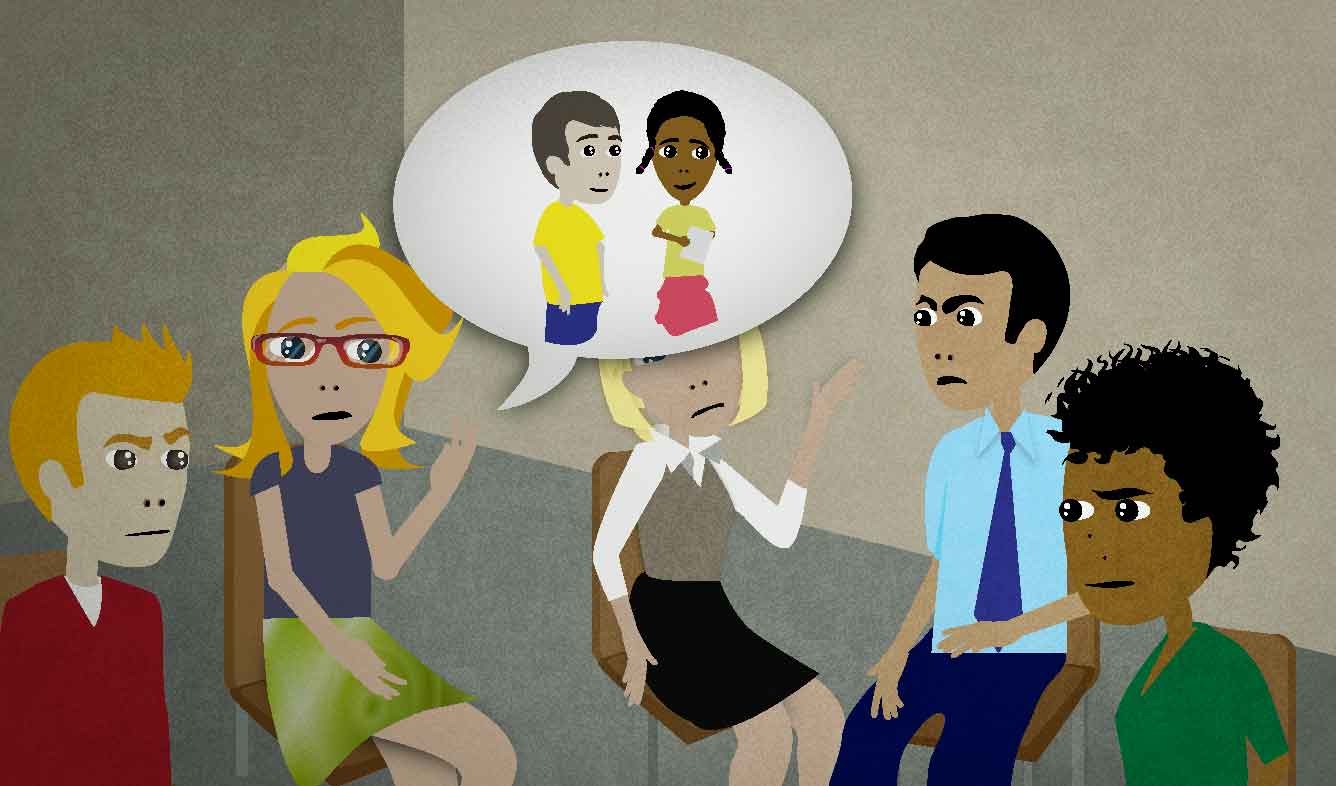“Let's all take a step back and remember that it's about what's best for the kids.”
You're a teacher. You're having a meeting with some colleagues to decide how to spend some money that's in the school's budget. People are getting really angry and emotional as they debate how to use the money. You say this to calm everybody down.
Let's all take a step back and remember that it's about what's best for the kids.
Want Video and Sound? Follow us on YouTube

Let's (do something).
The phrase "Let's ___" is well-known to English learners. However, learners often over-use "Let's ___" and use it in situations where it isn't appropriate.
When can you say "Let's ___"? You usually use it when you're suggesting something that you're sure the listener will accept. If you're meeting a friend for lunch, then you're sure that they will agree to eat with you. So you can say:
In situations where you're not sure how the listener will respond to your suggestion, you can use other phrases like "Would you like to ___?", "Why don't we ___?" or "We should ___":
Would you like to go out to dinner with me some time?
Why don't we meet at 7:30?
We should get together some time and have a drink.
take a step back and (do something)
To "take a step back" means to think about a topic in a more complete, less emotional way:
I was extremely upset when I got laid off, but after a few weeks I was able to take a step back and realize that I still had what was important - my health and my family.
If you take a step back and think about it, college doesn't really last that long. It's just four years out of your life.
Do you ever take a step back and wonder why so many people wear glasses in modern times? Our ancestors wouldn't have had glasses, so how were people able to see back then?
it's about (something)
This is a way of telling people what the goal, purpose, or key to something is.
To use this, the topic needs to be understood by everyone. As an example, if you're talking with someone about learning English, you can say:
It's about building up your vocabulary to the point where you feel confident talking to people about any given topic.
If you're talking about cooking, you can say:
It's about getting the freshest ingredients.
what's best for the children
Raising children is very important for a lot of people. So teachers, politicians, parents, and other people often talk about "what's best for the children". They think about "what's best for the children" when making decisions.
